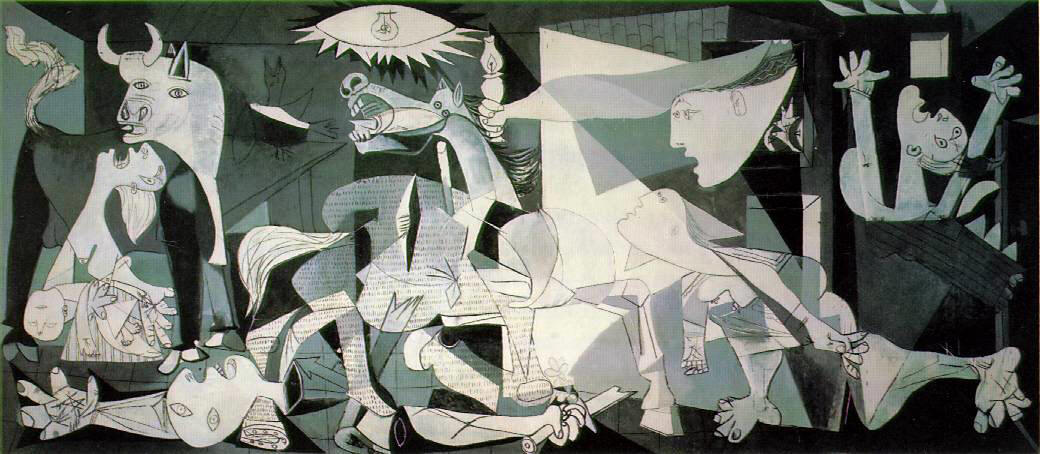Scraps and Thoughts Gathering Toward an Aesthetic Manifesto
Something I need to build on... too tired, but want to paint the thought on a sign board... to force myself to follow up on it...
Imagination is real. Yes, Blake was right. Everything we are capable of imagining is real. Not, perhaps, as Blake meant this... a particular kind of reality, not to be confused with the
real of science, of the objective physical world. Real, none the less.
Politics is a reality of that same order; hence, the lie of those who would write and promote literature in the guise of an aesthetics free of politics... and worse, in the name of "realism".. James Wood, Nigel Beale... ideological anti-realists dedicated to protecting their unacknowledged politics through an aesthetics infused in every word
with politics, permitting themselves to be used by that which they refuse to see-- a campaign of denying the reality of the impact of politics, class and privilege...not speaking here of fictional characters--of narratives
about politics, but the politics that informs aesthetic judgment itself
The myth of the lone artist is a lie. Yes, a writer returns to a room alone to work on a novel... but filled with the fizz and clang of engagement with others--other writers, artists, thinkers, friends and enemies--not to imitate, not to fit in, but to stand alone with others. No accident that great movements in art and letters have been centers of communal engagement... we learn how to be great individuals by learning how to find our place with others. Life is with others. Art comes into being with others. Arguing, defending, resisting, competing... not only with the Great Dead, but with the living. The pretense of an aesthetics without politics is a myth propagated by those with a vested interest in preserving power as it is, bought into by those who court the confirmation of established order, the security of'rule and measure' brought out in a year of dearth.

